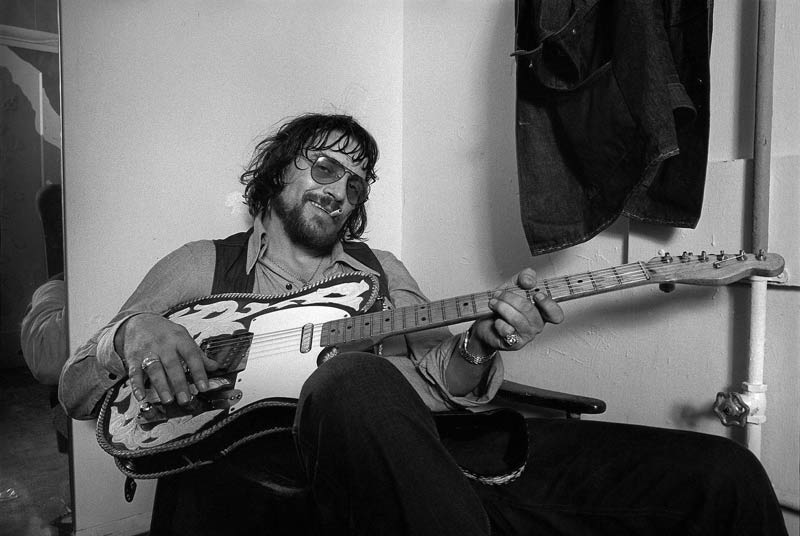
The Poignant Ballad of the Wandering Heart: A Mother’s Warning and a Cowboy’s Truth
There are songs that simply exist, and then there are those that become woven into the very fabric of a culture, echoing through generations with an undeniable resonance. Such is the enduring power of Waylon Jennings and Willie Nelson’s iconic 1978 duet, “Mammas Don’t Let Your Babies Grow Up to Be Cowboys.” Released as a single from their collaborative album, Waylon & Willie, this timeless track didn’t just climb the charts; it dominated them, reaching the coveted number one spot on the Billboard Hot Country Singles chart and holding that position for four weeks in March 1978. Its crossover appeal even saw it reach the Top 40 on the Billboard Hot 100, a testament to its widespread impact. The song’s monumental success was further cemented when it earned the duo a Grammy Award for Best Country Performance by a Duo or Group with Vocal in 1979.
The genesis of “Mammas Don’t Let Your Babies Grow Up to Be Cowboys” lies with the songwriting prowess of Ed Bruce and his then-wife, Patsy Bruce. Ed Bruce himself had released his version in 1975, which reached number 15 on the Billboard country chart, but it was the Jennings–Nelson rendition that truly transformed it into a legendary anthem. The narrative behind their recording is as captivating as the song itself, embodying the very spirit of the “outlaw country” movement they championed. Waylon Jennings had initially recorded a solo version but felt it wasn’t quite right. As fate would have it, during a conversation with Willie Nelson about collaborating on a new album, Jennings recognized the song’s potential as a duet. He famously recounted, “Me and Willie were talking about recording again, and I said, ‘Willie, I cut this thing, but I ain’t sure about it.’ I said, ‘It don’t sound right, but it might be a great duet.’ The whole record was finished, and I just took part of my voice and put his on.” This spontaneous, organic approach to creation, a hallmark of the outlaw ethos, birthed a masterpiece.
At its core, “Mammas Don’t Let Your Babies Grow Up to Be Cowboys” is a profound lyrical exploration of a specific way of life – one that is as romanticized as it is fraught with solitude and hardship. The lyrics, a cautionary tale from a mother’s perspective, paint a vivid picture of the cowboy’s existence: “They never stay home, and they’re always alone, even with someone they love.” It’s a poignant lament, urging mothers to guide their sons toward more stable professions, to be “doctors and lawyers and such,” rather than embrace the unpredictable, transient life of a cowboy. Yet, beneath this seemingly straightforward warning lies a deeper, more nuanced understanding of the cowboy’s spirit. The song acknowledges the allure of freedom and independence that defines these wanderers, even as it highlights the emotional toll it takes. The line, “He ain’t wrong, he’s just different but his pride won’t let him do things to make you think he’s right,” beautifully encapsulates the cowboy’s inherent nature – a proud, independent soul driven by an internal compass that often leads him away from conventional domesticity.
Musically, the song is a masterclass in understated country artistry. The stripped-down production, featuring prominent acoustic guitar, pedal steel guitar, and fiddle, creates a classic country atmosphere that allows the distinctive voices of Jennings and Nelson to take center stage. Their vocal interplay, a seamless blend of gravelly wisdom and heartfelt resignation, imbues the lyrics with an authentic emotional weight that resonates deeply with listeners. The whining steel guitar, in particular, seems to echo the very sentiments expressed, sympathizing with both the loneliness of those left behind and the stubborn, unyielding pride of the cowboys who choose the open road. “Mammas Don’t Let Your Babies Grow Up to Be Cowboys” transcends a simple country tune; it is a profound meditation on freedom versus belonging, the call of the wild against the comforts of home, and the enduring human desire for both. It’s a timeless reflection on a uniquely American archetype, a song that continues to stir the soul and evoke a powerful sense of nostalgia for a way of life that, while perhaps fading, remains eternally etched in the heart of country music.